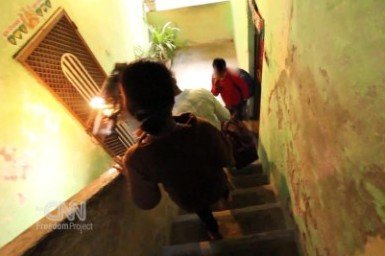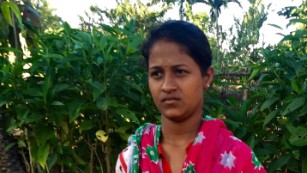Young girls living on or near tea plantations–poor, uneducated, and from families in heavy debt–are easy targets for traffickers…
Question: “I’d like to know what caste and religion are the girls who are trafficked.”Muhammad Lila: This is a good question, since in many areas, there is still a lot of caste-based discrimination. The short answer is that we didn’t ask. A victim is a victim.Siddarth Kara: Most of the girls trafficked from Assam, as with other parts of India, belong to low-caste or outcaste communities. The constitutional term for these groups in India is “Scheduled Castes,” and they eke out a sparse existence at the margins of society. Assam has 16 Scheduled Castes with a total population of over 2.2 million people. The two largest Scheduled Castes in Assam are the Kaibarttas and the Namasudras, many of whom can be found toiling on tea plantations. One might also find a high proportion of Muslims as well as Tibetan refugees.
To read the entire article, click on the link below.








Freedom United is interested in hearing from our community and welcomes relevant, informed comments, advice, and insights that advance the conversation around our campaigns and advocacy. We value inclusivity and respect within our community. To be approved, your comments should be civil.